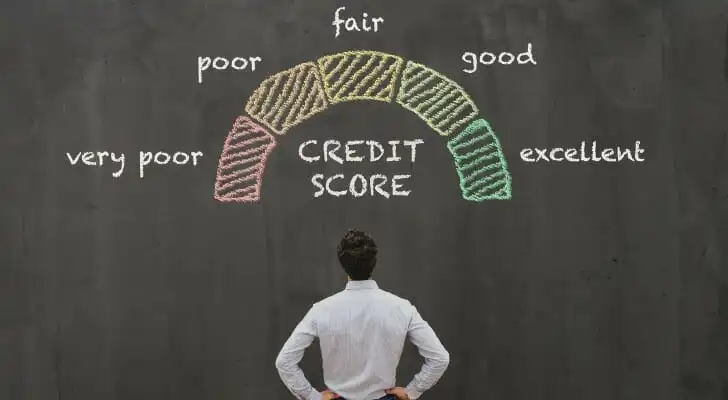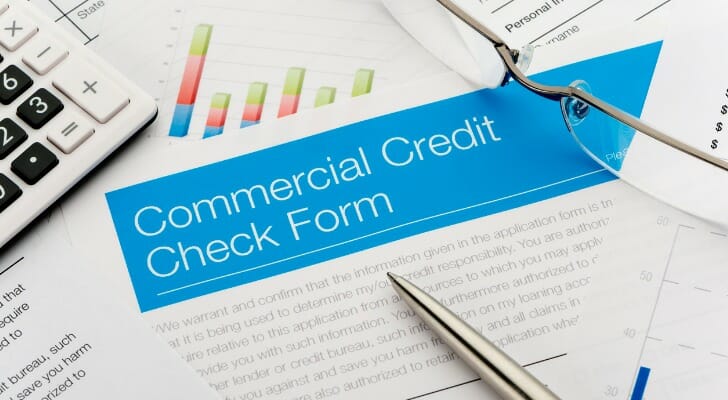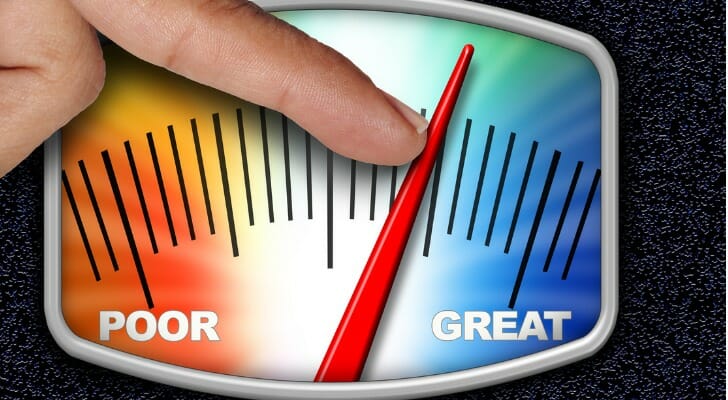 Access to credit lets small business owners acquire inventory and equipment, hire new employees, weather seasonal fluctuations and expand. Establishing and building business credit is an important task for any business that isn’t prepared to pay cash for anything it needs. The job calls for filling out some paperwork and a strong focus on paying back any borrowed funds. Fortunately, becoming creditworthy is within the capability of most small businesses if they approach the job in the right way. Work with a financial advisor to help ensure you are handling your firm’s credit wisely.
Access to credit lets small business owners acquire inventory and equipment, hire new employees, weather seasonal fluctuations and expand. Establishing and building business credit is an important task for any business that isn’t prepared to pay cash for anything it needs. The job calls for filling out some paperwork and a strong focus on paying back any borrowed funds. Fortunately, becoming creditworthy is within the capability of most small businesses if they approach the job in the right way. Work with a financial advisor to help ensure you are handling your firm’s credit wisely.
Steps to Establish Business Credit
The process of building a strong business credit score involves several steps, beginning before the business opens its doors. It requires ongoing attention as long as the business is in operation and will need to use borrowed funds.
Establish a separate legal entity
The first step in establishing business credit is to set up a business in a format that creates a separate legal entity. The preferred business structures are corporation and limited liability company, or LLC, because these have an existence independent from the owner. A sole proprietorship, on the other hand, is essentially inseparable from the owner. A sole proprietor can’t establish business credit. The business’s ability to borrow will only be as good as the owner’s personal credit.
Get a tax ID number
An employer identification or tax identification number is issued by the Internal Revenue Service and is used when reporting income and filing taxes. It can be applied for at the IRS website. It may also be advisable to register with Dun & Bradstreet for a D-U-N-S number. This free identifier may be used by some creditors when evaluating whether or not to extend credit to a business.
Open business bank accounts
Getting a business bank account in the business’s name rather than using the owner’s personal checking account helps establish the business as a separate entity. Banks also tend to look more favorably on loan applications from existing customers.
Apply for credit
Now the business is ready to apply for credit. Any businesses can get utility credit with providers of electricity, phone, internet and other services. Vendors and suppliers that provide goods and services on a buy-now-pay-later basis are sources of trade credit. Business credit cards, from banks or retailers, represent another easily accessed credit source.
Pay off loans
Making payments in full and on time if not early on any credit arrangements is the best way to build credit once the business has started establishing it. Late payments are likely to show up as negatives on a business credit report and will discourage financial institutions from extending a line of credit to businesses.
Document progress
Business owners can improve their business credit profile maintained at the credit bureaus by asking suppliers, vendors and others to report their credit transactions to the credit bureaus. The more accounts that report a business is fulfilling its credit obligations, the better and stronger the business’s credit will be.
Check your business credit report
The major credit bureaus maintain credit histories on businesses just as they do on individual consumers. Business credit score reports have information about business’ credit accounts and track records of borrowing and paying back money They also have information such as number of employees, sales and owners as well as industry classifications and public legal filings such as liens and judgments.
Cautions on Building Business Credit
 Building and establishing business credit takes time and can’t be done overnight. It may require months or years of regularly borrowing and paying back money before a business has a strong enough credit profile to successfully apply for a loan from a more selective borrower such as a commercial bank.
Building and establishing business credit takes time and can’t be done overnight. It may require months or years of regularly borrowing and paying back money before a business has a strong enough credit profile to successfully apply for a loan from a more selective borrower such as a commercial bank.
As with consumer credit reports, business credit reports are subject to errors and inaccuracies. Unlike consumers, who are entitled to a free copy of their report once a year, businesses usually have to pay the credit bureau to get a complete copy of their business credit reports. However, checking a business credit report periodically can help assure that creditors are seeing a valid picture of the business in the credit history maintained on file.
The Bottom Line
 Establishing and building business credit is essential if a business owner is to be able to get supplies and inventory on credit, finance costly purchases of equipment or otherwise use borrowed funds. It is a process that starts as soon as the business is formed and continues throughout the company’s existence. While new businesses may have difficulty getting bank loans, nearly any business can – with time – create and strengthen its credit profile to enable it to grow with the help of loans and other sources of credit.
Establishing and building business credit is essential if a business owner is to be able to get supplies and inventory on credit, finance costly purchases of equipment or otherwise use borrowed funds. It is a process that starts as soon as the business is formed and continues throughout the company’s existence. While new businesses may have difficulty getting bank loans, nearly any business can – with time – create and strengthen its credit profile to enable it to grow with the help of loans and other sources of credit.
Tips for Building Business Credit
- If you are trying to establish and build credit for your business, consider working with an experienced financial advisor who can guide you through the process. If you don’t have a financial advisor yet, finding one doesn’t have to be hard. SmartAsset’s free tool matches you with up to three vetted financial advisors who serve your area, and you can interview your advisor matches at no cost to decide which one is right for you. If you’re ready to find an advisor who can help you achieve your financial goals, get started now.
- A free credit card calculator can tell you the total interest and time it will take for you to pay off your debt.
Photo credit: ©iStock.com/anyaberkut, ©iStock.com/courtneyk, ©iStock.com/wildpixel